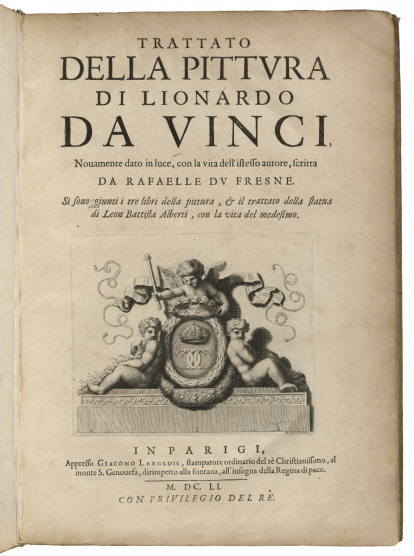The Graphic Revolution in Early Modern Europe: The Politics and Technologies of Representations in the Visual, Literary, and Theatrical Arts from 1400 to 1660
Directed by Harry Berger, Jr., Professor of Literature and Art History at Cowell College at the University of California, Santa Cruz
June 14 through July 29, 1994

From the fourteenth century on there was an exploration of technical innovations in the arts and sciences in Europe. New representational techniques and forms proliferated in the visual arts; in the writing and printing; in mercantile practices; in mathematics, cartography, and cosmology; in anatomy and medicine; in pedagogy and the regulation of conduct; in theatre and public spectacle; in parliamentary institutions; and in the control of space and its occupants through the political transformation of architecture into civic planning. Much of this activity was based in graphic inventions and improvements that affected signifying practices in all media. The resulting innovations in notational and symbol systems literally underwrote other cultural, social, economic, and political changes. They produced growing awareness that by altering the materials, methods, and modes of representation, one could alter whatever one's representation signified or imitated. This NEH Summer Institute for College and University Faculty will examine these innovations and changes may therefore be viewed in large part as the consequences of a revolution in graphic techniques.
Materials
A PDF of the original Promotional Materials.
Faculty
For more past programming from the Folger Institute, please see the article Folger Institute scholarly programs archive.
Hosted by the Folger Shakespeare Library. For more information about current summer seminars, please visit the National Endowment for the Humanities website.